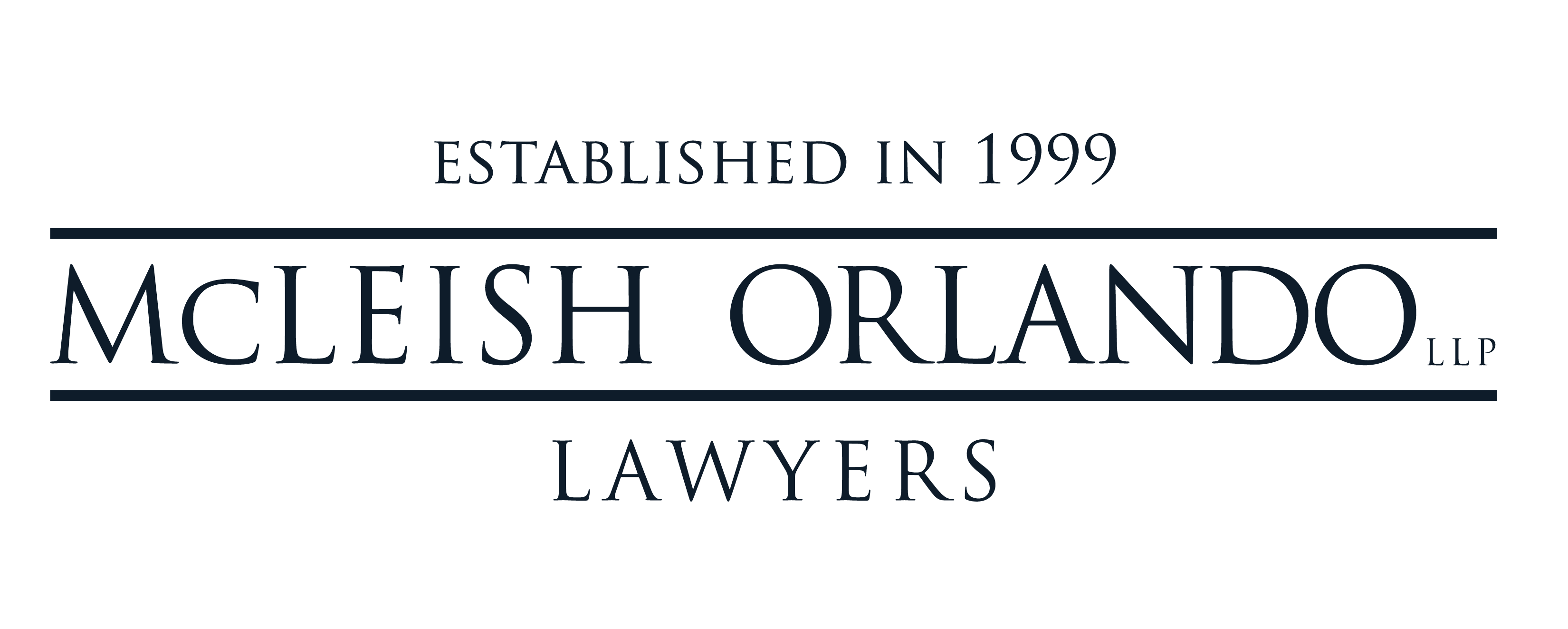By: Lindsay Charles, Partner and Emma Funston-Clarke, Student-at-Law
8 min read
Long-term disability (LTD) benefits provide income replacement if you are unable to work for an extended period due to illness or injury. Most people receive LTD coverage through their employer’s group insurance plan, though some hold individual policies. Typically, you begin with short-term disability (STD) or sick leave, and if your disability prevents you from working for 3-4 months, you may become eligible for LTD, subject to approval by your insurer.
Even if your medical evidence clearly supports your claim, LTD benefits are sometimes denied. There are several common reasons this can happen, including:
- Not following a treatment plan – insurers may expect you to adhere to recommend medical care.
- Insufficient medical documentation – if your records don’t fully reflect your condition, your claim can be challenged.
- Pre-existing medical conditions – some policies have clauses that limit coverage for conditions that existed before your policy began.
- Surveillance and social media monitoring – insurers may review your activities online or in public to look for evidence that contradicts your reported limitations.
Insurers have a legal right to investigate LTD claims. This can include reviewing your medical records, employment history, and even conducting surveillance. Surveillance involves monitoring your behaviour, activities, and information to gather evidence insurers use to make decisions about your claim. It can take many forms, from cameras and recording devices to online monitoring through social media. Most of the time, this is done without your knowledge or consent, which can feel intrusive and unsettling. That’s why it’s important to understand how to protect yourself and ensure surveillance evidence isn’t used unfairly against your claim.
Why Insurers Use Surveillance and Social Media
Insurance companies can use surveillance and social media monitoring to challenge LTD claims. In many cases, your credibility – how truthful and consistent you appear – is a key factor in whether your benefits get approved. If your insurer can make you seem unreliable, it can significantly weaken your case, even if your claim is completely legitimate.
This is why surveillance is so powerful for insurers: it can be used to attack your credibility. Insurers carefully assess whether your statements about your limitations are consistent with your medical evidence and daily activities. Even small, innocent inconsistencies between what you say and what is later observed can be misinterpreted to suggest dishonesty. For example, if you indicate that you can no longer take your trash cans to the curb, the insurance company might try to capture video of you doing it. That brief activity could then be used to argue that you are being dishonest and to cast doubt on the authenticity of your claim.
Surveillance isn’t just for catching dishonest claimants. Even honest, careful claimants can be affected. Small mistakes or one-time exceptions can be taken out of context and portrayed as “evidence” of dishonesty, giving the insurer a reason to deny or terminate benefits.
Common Surveillance Tactics
Physical Surveillance
Your insurance company may hire a private investigator to observe your daily activities. This can include following you on errands, monitoring your home, and capturing video or audio recordings. The type of surveillance and when it might occur depends on your reported disability and the nature of your claim. Common situations include carrying groceries, attending family gatherings, or driving.
While surveillance may seem objective, it can be very misleading. Insurers often rely on short clips – sometimes just a few minutes – to challenge your claim. These snippets rarely show the full story of your condition. For example, a video might capture you lifting a grocery bag out of your car, but it won’t show that you only carried a light bag, needed assistance loading the car, or experienced severe pain afterward. Many disabilities fluctuate, and surveillance usually captures only your “good days,” not the days when getting out of bed is impossible.
Digital & Online Surveillance
Online monitoring has become one of the easiest and most cost-effective ways for insurers to gather information about claimants. By reviewing social media accounts like Facebook, Instagram, and LinkedIn, insurance companies can get a snapshot of your daily life – your activities, social interactions, and sometimes even your physical abilities. If anything they see seems to conflict with the limitations described in your medical records, it could be used against your claim.
For example, simply liking or commenting on industry-related posts, or sharing articles connected to your field, might be interpreted by an insurer as evidence that you are working. In reality, this may just be light networking or casual browsing at home, but insurers can use it to cast doubt on your disability.
How to Protect Yourself from LTD Surveillance
Be Mindful of Social Media
Social media can be a valuable way to stay connected, but during an LTD claim, even harmless posts can be misinterpreted by insurers. To help protect your benefits and your credibility, here are some practical tips for managing your online presence while your claim is ongoing.
-
- Review your privacy settings. Make your accounts private, limit who can see your posts, and control who can tag you. This helps reduce the chances of insurers accessing information that could be misinterpreted.
- Think before you post. Before sharing anything online, ask yourself: Could this be taken the wrong way or used to challenge my claim? If the answer is yes, it’s safer not to post it.
- Keep medical and legal matters offline. Anything you post about your health or LTD claim can potentially be used against you, so save these discussions for your doctor or lawyer.
- When in doubt, stay off social media. During an LTD claim, the safest approach is often to limit or avoid social media altogether.
Stay Consistent in Reporting
Consistency is key to protecting your LTD claim. Insurers look for gaps between what you report, your medical records, and what they observe. This is why it’s important to be accurate and honest with your doctors and your insurer. Here are some tips to help you stay clear and consistent:
-
- Describe your limitations clearly. Don’t exaggerate or downplay your symptoms – both can work against you.
- Document fluctuations. Many conditions have “good days” and “bad days.” Include these details on medical forms so your doctor can provide proper context.
- Be precise on activity forms. When asked about chores, hobbies, or work tasks, clearly describe what you can and cannot do, including how often and how much effort is required.
- Keep medical records consistent. Make sure your doctor’s notes match what you report to your insurer.
Why does consistency matter? Reporting consistently helps reduce the risk that surveillance or social media activity will be misinterpreted and used to create a false picture of your abilities.
Surveillance can feel intimidating, but keeping these key points in mind can help you stay confident and in control of your LTD claim. Managing your claim while taking care of your health can be overwhelming, and that’s where we come in. At McLeish Orlando, our experienced lawyers and accident benefits clerks are here to guide and support you every step of the way, so you can focus on your recovery while we handle the rest.





